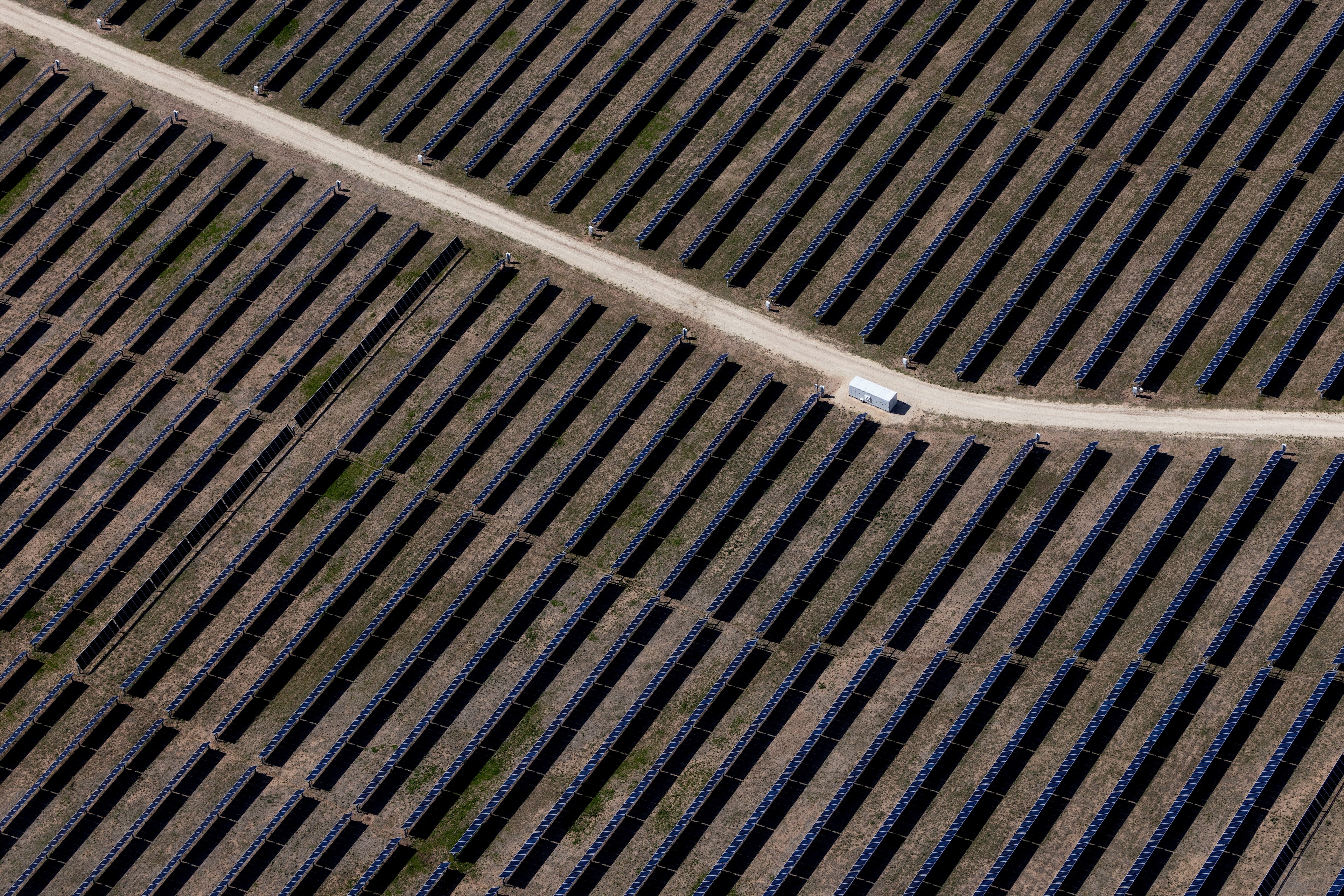The changing economics of electric vehicles

Stay up to date:
Energy Transition
Electric vehicle (EV) battery costs have fallen more rapidly than many projections, according to a new survey of battery costs published in Nature Climate Change. Researchers from the Stockholm Environment Institute scoured peer-reviewed journals, consultancy reports, and news items to construct an original data set of EV battery pack cost estimates from 2007 to 2014. Average battery pack costs have fallen 14 percent per year across the industry, which has seen sales volumes double annually in recent years. EV battery packs now cost $410 per kilowatt-hour (kWh) of storage capacity on average (with a 95 percent confidence interval ranging from $250–670 per kWh).

Figure 1: Cost of Li-ion battery packs in BEV. (Source: Nykvist & Nilsson, 2015)
The cost of batteries produced by market leading firms, such as Renault-Nissan and Tesla Motors, however, have fallen further, to an average of $300 per kWh, according to the study. These estimates are on the order of two to four times lower than many recent peer-reviewed papers have suggested and already equal to the average cost projected for 2020 in a variety of papers. Costs for market leaders have declined at an average of 8 percent per year, the study estimates.
At $300 per kWh, electric vehicles can begin to compete economically with traditional petroleum-fueled internal combustion engines when gasoline costs $3-5 per gallon (€0.73-1.22 per liter), according to separate analyses from global consulting firm McKinsey and the International Energy Agency. The U.S. Department of Energy (DOE) has set a target of $150 per kWh for battery electric vehicles to become broadly competitive and see widespread market adoption.
In the near-term, the researchers believe economies of scale, improvements in cell manufacturing and learning-by-doing in pack integration, rather than advancements in cell chemistry or other R&D breakthroughs, will help manufacturers continue to produce cheaper batteries.
EV battery sales volumes are current doubling annually and car manufacturers are partnering with battery makers to invest in larger production facilities and cut costs. Renault-Nissan is working with LG to produce enough batteries for 1.5 million electric vehicles per year by 2016 while Tesla Motors and Panasonic are building a “Gigafactory” in Nevada that will produce 500,000 packs for EVs along with additional batteries for stationary energy storage, for a total of 50 million kWh per year of battery production. Tesla and Panasonic are targeting a further 30 percent decline in battery pack costs by 2017, which would require a 7 percent annual decline in costs, consistent with a continuation of recent rates for market leading firms.
The study’s authors conclude that economies of scale are likely to drive down battery costs to $200 per kWh in the near future. Further cell chemistry improvements may be necessary to hit the $150 per kWh target envisioned by the U.S. DOE. At those prices, electric vehicles may soon break out of niche markets and achieve much wider-scale adoption.
This article is published in collaboration with The Energy Collective. Publication does not imply endorsement of views by the World Economic Forum.
To keep up with the Agenda subscribe to our weekly newsletter.
Author: Jesse Jenkins is a Featured Writer and Digital Strategy Consultant at TheEnergyCollective.com.
Image: A charging cable is seen on an electric car. REUTERS/George Frey.
Don't miss any update on this topic
Create a free account and access your personalized content collection with our latest publications and analyses.
License and Republishing
World Economic Forum articles may be republished in accordance with the Creative Commons Attribution-NonCommercial-NoDerivatives 4.0 International Public License, and in accordance with our Terms of Use.
The views expressed in this article are those of the author alone and not the World Economic Forum.
Forum Stories newsletter
Bringing you weekly curated insights and analysis on the global issues that matter.
More on Energy TransitionSee all
Ayla Majid
July 24, 2025
Manikanta Naik and Murali Subramanian
July 23, 2025
Arunabha Ghosh and Jane Nelson
July 22, 2025
Ali Alwaleed Al-Thani and Santiago Banales
July 21, 2025
Goodness Esom
July 18, 2025


